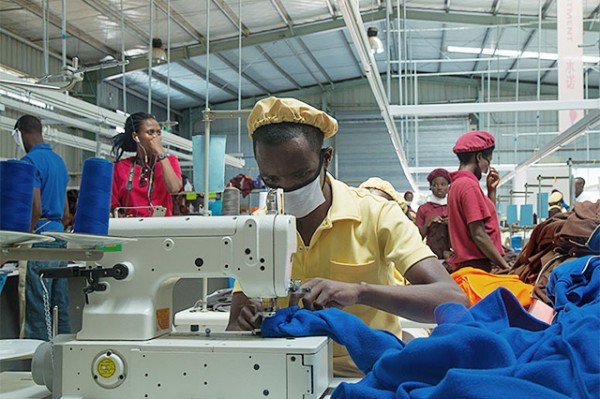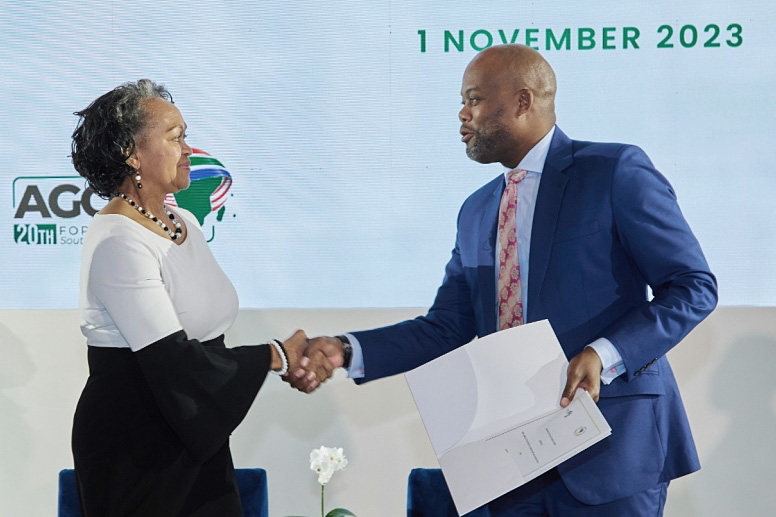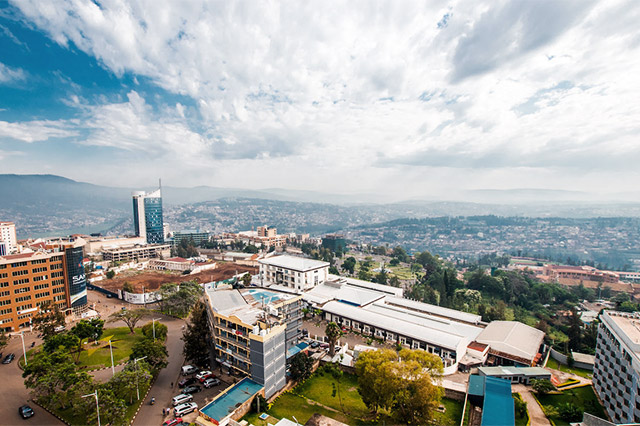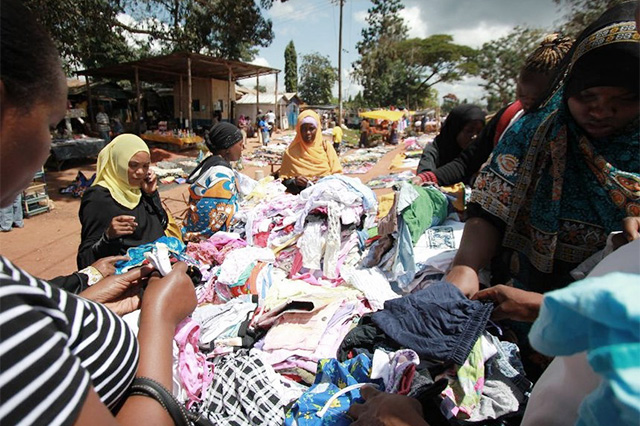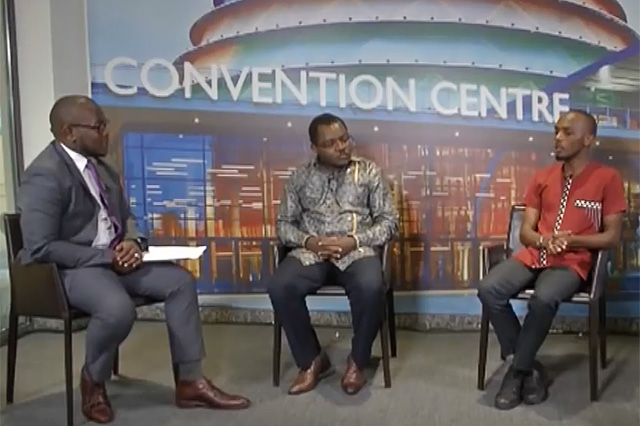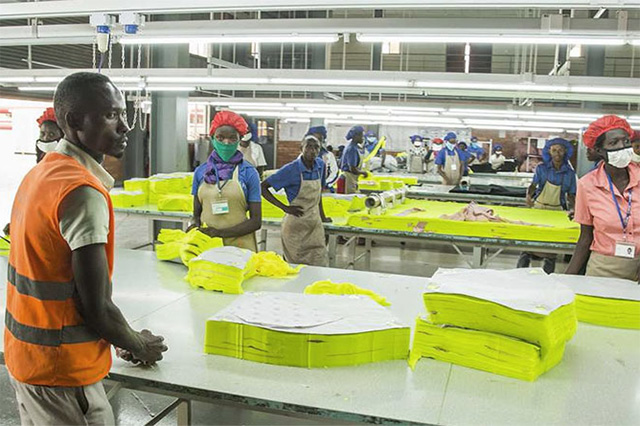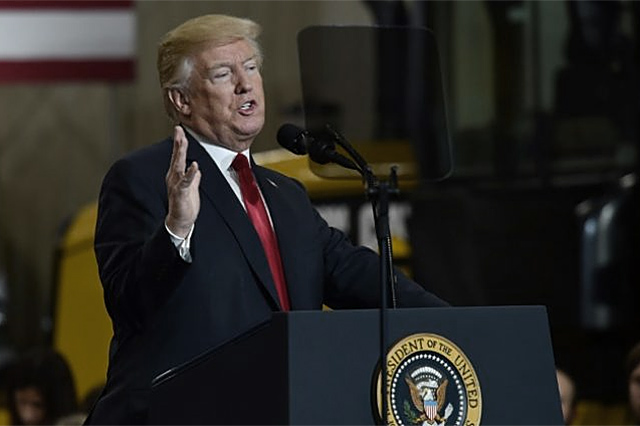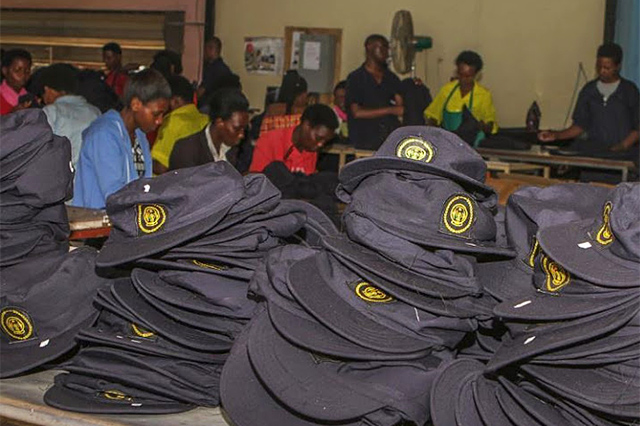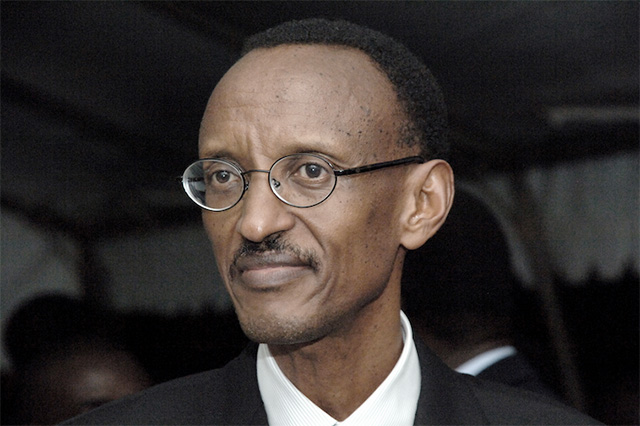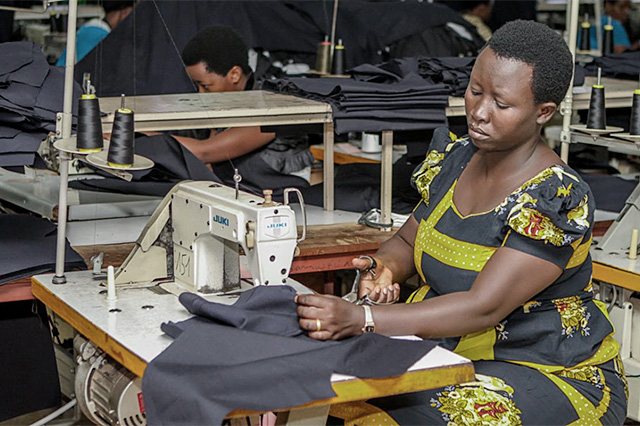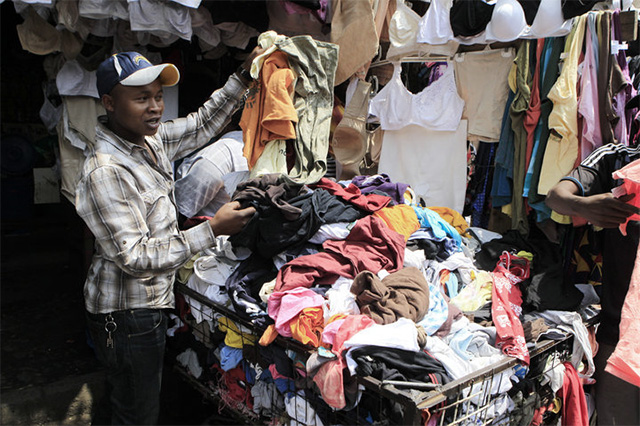Rwanda maintains tough stance on used clothes
The U.S has made a fresh call for the East African Community not to phase out imported used clothes and leather products locally known as “Chagua”, but Rwanda says the U.S should not shift goals on what was agreed by the parties in 2015 when the African Growth and Opportunity Act (AGOA), pact was renewed.
Genesis
In 2015, the East African Community (EAC) Heads of State adopted a three-year gradual process to phase out the importation of second-hand clothes and footwear to promote textile, apparel and leather industries in the region and instead focus on evolving domestic industries.
This move, was deemed to make EAC textile and leather factories self-sufficient to serve the local and international markets, including AGOA market which had kept the window wide open for African exports into the American market same year.
Despite Kenya rescinding on the decision at a later stage, Rwanda, Uganda and Tanzania have remained “solid” on their stance to phase-out second hand clothing.
The government of Rwanda deliberated on a strategy to develop the textiles, apparel and leather industrial sectors and a blueprint was consequently designed on how to implement such a strategy.
A draft 2017-2019 strategy for the transformation of textiles, apparel and leather industrial sectors aim to increase the quality and quantity of textile, apparel and leather for both local and foreign markets.
Rwanda’s strategy estimated that, if everything is implemented, this could create 25,655 jobs, increase exports to $ 43 million and decrease imports to $ 33 million by 2019 (from $124 million in 2015). The impact on trade balance will result in savings of $ 76 million over the 3-years period.
As a result, in 2016 Rwanda increased taxes on used clothes from $0.2 to $2.5 per kilogramme, while taxes on used shoes increased from $0.2 to $3 per kilogramme.
In the 2017/18 Budget estimates, the Government also eased taxes on inputs under the Made-in-Rwanda initiative, which is expected to facilitate growth of the local textile industry.
However, during a teleconference last week, Harry Sullivan, the U.S. Bureau of African Affairs Acting Director for Economic and Regional Affairs told The New Times that the regional move to reduce on the importation of second-hand textile and leather products from the U.S. and other countries “will not” help the region achieve its primary target of rebuilding local textile sector—which had started booming in the early 1980 and 90s.
“While we understand the East African Community’s desire to build a domestic textile sector, we firmly believe that the EAC’s ban on imports of used clothing will not help achieve that,” Sullivan said.
“First, it’s job-destroying. The proposed ban will hurt an estimated 300 thousand men and women that work in the used clothing business all across the East African Community and it will also negatively impact at least 40,000 U.S. jobs in the used clothing sector in the United States,” he added.
On the proposed phase-out of second-hand clothes, Sullivan argues that the move would “limit” EAC citizens of variety in choice.
He questions whether the consumers of used clothing will be able to afford the new apparel being made in the EAC market.
He added that rather than banning imported used clothing, the most effective domestic growth strategy for the local fashion and apparel industry would be to build its brands and markets for the growing middle class, which prefers to buy new apparel in shopping malls and other places anyway.
EAC Heads of State are expected to meet this week in Kampala to adopt what would-be the final resolution on AGOA from which the U.S. will base on to make the next move, according to Sullivan.
He says that what the U.S expects from leaders of Rwanda, Tanzania, and Uganda is to do two things.
“One is to decrease their tariffs to their pre-2016 levels, and the second thing we’re asking is to commit that aside from health or sanitary reasons, not to phase out the import of used clothing.”
“So we’ve communicated that, we believe very effectively, to all levels of the three governments. The trade ministers met last Friday; I don’t have a read-out on what their discussions were. I believe the result of that meeting will determine how we proceed.”
The move to phase-out the importation second hand clothing has put Rwanda, Uganda and Tanzania’s eligibility to trade with the U.S. under review.
The review could see the three countries lose duty-free access to the American market under the AGOA, despite U.S. being only the third highest exporter of Second hand clothing to Rwanda in 2017, according to Rwanda Revenue Authority.
China, Belgium come top of the U.S in the first and second positions, respectively.
However, in an interview, Vincent Munyeshyaka, Trade and Industry Minister maintained that despite the consequences of being locked out of AGOA, Rwanda has to make a choice between continued importation of used clothes and developing the local textile and shoe industries and is keen on the latter.
“Rwanda’s stand has not changed,” Munyeshyaka said, adding, “we want to build domestic textile industry, we want to promote Made-in-Rwanda and close the trade deficit gap by reducing importation of goods which we can locally produce such as clothes and shoes.”
Under AGOA, US waiver tariffs applies to selected 6,000 African products, including textile and leather.
The U.S says it’s up to the African businesses to take advantage of that, to research the market in the United States, to find out what American consumer preferences are in whatever business they are involved in, and then to build businesses from there, according to Sullivan
Robert Opirah, Head of Trade and Investment department at the ministry of Trade said the U.S’ current stand contradicts what AGOA stands for let alone what was agreed upon in 2015 when the second AGOA legislation was passed in Washington.
“In 2015 everyone left Washington with a common AGOA response strategy that they would take advantage of the facilitation to grow domestic industries and serve that market. In facilitating the growth of local textile and shoe industries we are doing exactly what was agreed on and they (U.S) are saying ‘no you can’t. We will keep serving you with our second-hand clothes. You can’t grow you industries’. It beats my understanding,” Opirah said.
According to Opirah, EAC was looking at the AGOA as one way that would facilitate the growth of a local sufficient textile and leather industry instead of refraining it.
“We are not banning imported second-hand clothing, we are just reducing on the importation as we develop our own textile and shoe industries and we thought the AGOA window would be another way to facilitate our growth.
Frankly speaking, imports are really dwindling our reserves. Any opportunity that cuts down on import bills we are happy to consider it,” he said.
Since 2016, Rwanda has seen significant growth in textile and shoes industry. Currently 11 factories dealing in textile and apparel plus seven dealing in shoe sector are operational in Rwanda, “yet we didn’t have more than 3 in total of these factories before then, Opirah added.
According to Opirah, Rwanda had a “painful” trade deficit of about a billion dollars in 2016.
During the year 2016, Rwanda exported goods worth $1.2 million through AGOA window while commodities worth $771,000 were exported through Generalized System of Preferences (GSP) to the U.S.
In total, commodities totaling to $25 million were exported from Rwanda to the U.S.
On the other hand Rwanda imported an overwhelming $73 million worth of goods from the U.S in the same year 2016, most of them being capital goods and medicines, according to the ministry of Trade.
Besides reducing trade deficit, Opirah is optimistic that the growth of local textile and shoe-making industries and the entire value-chain will create more jobs than those occupied by second-hand dealers in the country.
Opirah, however, is confident that there will be negotiations between the U.S and the three EAC member states to find “a common ground on which everyone is to win.”
Meanwhile, Olivier Nduhungirehe, the State Minister for Foreign Affairs, Cooperation and East African Community also affirmed the EAC Heads of State stand on used clothes remains.
He added that the U.S was offered a number of options to consider as the EAC implements its plans.
“We are not banning second-hand clothes. Our offers to the U.S were to look into the rule of origin for the used clothing (because most of them are not actually made in the U.S), ensure maximum hygiene precautions, not import underwear, leggings and similar outfits ,” Nduhungirehe said.


